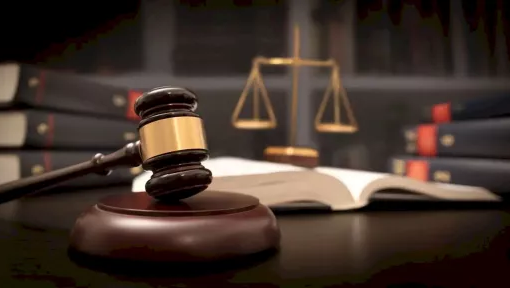IP2I calls on European Commission to protect Europe’s patent system from abuse

A new academic study by economists at the universities of Bordeaux, Grenoble, and Universitat Pompeu Fabra (Barcelona) highlights how patent assertion entities (PAEs) are continuing to take advantage of weaknesses in Europe’s patent system.
The study, entitled Patent Privateering, looks at one specific method of patent abuse. Patent privateering is a term to describe a situation where a patent owner hands patents to a patent assertion entity (PAE) to exploit for mutual benefit, allowing the patent owner to maintain a secret stake in the patents. The study concluded that patent privateering is widespread in Europe.
The practise has been around for many years but as other jurisdictions including the US have made it harder, Europe’s patent system is a ripe target for abuse. This is largely because patent courts in Europe do not apply the principle of proportionality, and instead hand out injunctions to patent owners almost automatically.
The study found that the large majority of patents transferred to PAEs (92%) and litigated by PAEs (96%) are in the ICT fields, where products are complex and can be covered by thousands of patents held by many different companies.
When one ICT company sues another, it faces the threat of a countersuit, and injunctions are possible on both sides. As a result, a typical outcome is for the companies to license each other, allowing both to move forward providing innovative products to the public.
The dynamic is very different when a PAE is involved. A PAE does not need to obtain any licenses from other firms and is not at risk of being counter-sued by its targets because it does not produce any goods or services.
And because the European patent system almost automatically grants PAEs injunctions even though they have no products of their own, they are able to demand higher royalties based on that injunction threat than would have been the case between two operating companies.
That result is bad for innovation. As the study explains, it is also bad for competition when the arrangements transferring patents to PAEs incentivize them to attack the competitors of the original owner of the patent.
This new study sheds additional light on how the failure to apply proportionality in Europe’s patent system creates further distortions that harm innovation, and ultimately consumers.
IP2Innovate urges the European Commission to take action to fix this. Existing EU legislation – the IP Rights Enforcement directive (IPRED) – calls for proportionality but it has been largely ignored in patent litigation.
Other blogs

Professor Ohly’s two passions: patent law and clarinet

Prof. Sikorski’s latest paper: IPRED needs targeted reforms to strengthen the principle of proportionality in patent litigation

